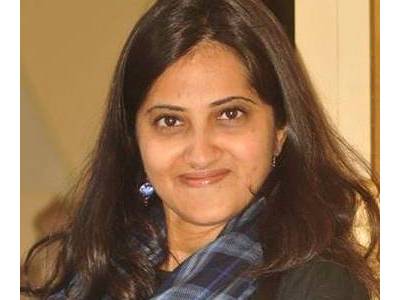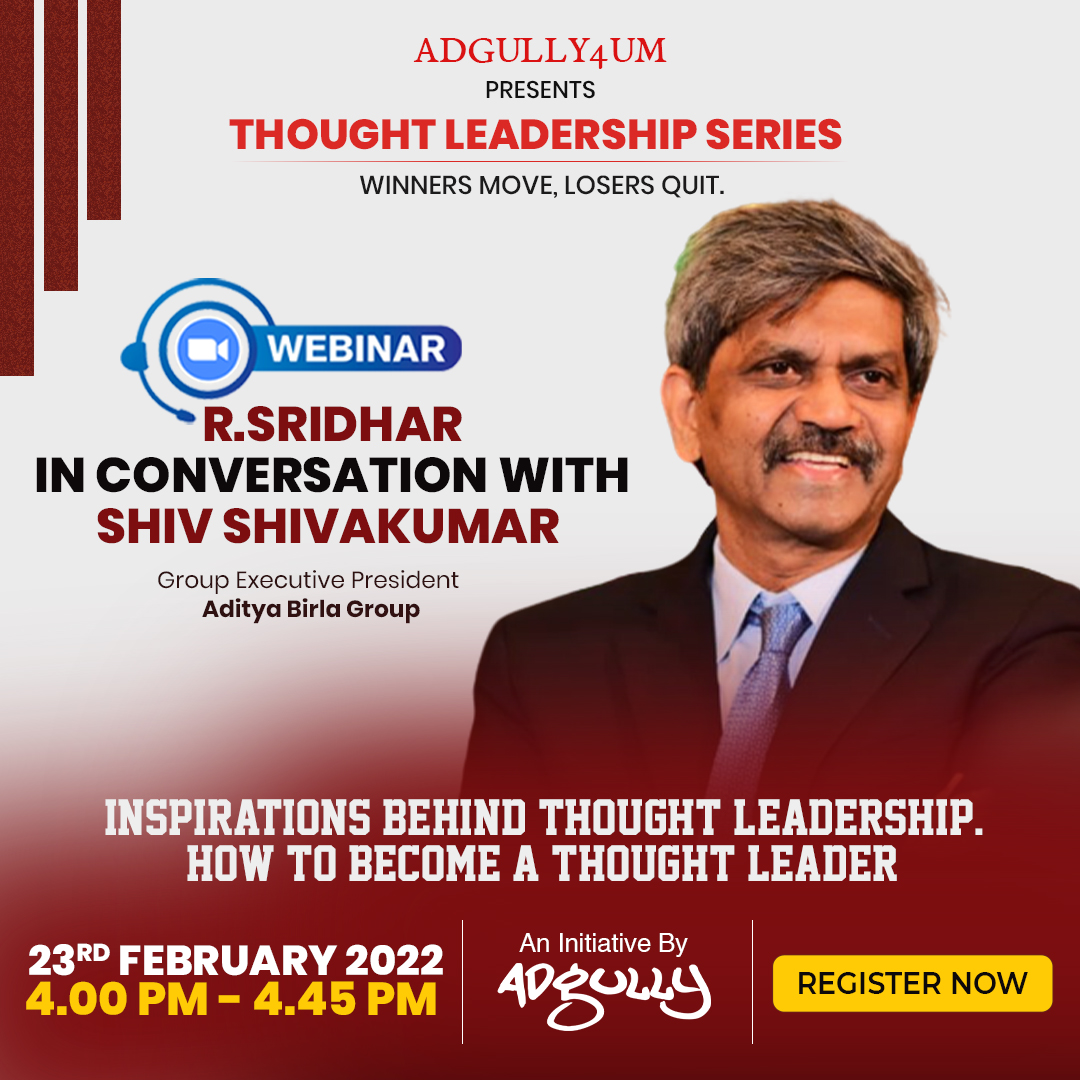ad:tech 2017: John Williams & Andrea Bernhardt on biz aspects of digital
The 7th edition of ad:tech Digital Marketing and Advertising Conference and Exhibition in India got underway in Gurugram yesterday, March 9, 2017. The conference this year features a special innovation zone that showcases new technologies in digital marketing.
The event has received over 6,500 registrations. This year’s event has witnessed participations of companies like IBM, Criteo, Accenture, Applift, Cake, Gameloft, ICubesWire, Momagic Technologies, Taboola, StartApp, Tune WatConsult, Xapads and more.
Commenting on ad:tech, Jaswant Singh, Country MD at Comexposium India, said, “We are overwhelmed with the phenomenal response we have received on the first day. This year, ad:tech brings together more than 100 companies from across the globe to exhibit what’s new and what’s next, We are happy to provide our visitors and delegates with a perfect mix of Virtual Reality and Augmented Reality experience coupled with mind-bending discussion on topics that include IoT, Chatbots, Artificial Intelligence, Programmatic and more.”
The opening day saw keynote from John Williams, VP - Advertising, South and South East Asia, BBC.com, on ‘The 8 Commandments of Content Marketing’, followed by Andrea Bernheardt, Global Media Director, Reckitt Benckiser, who engaged the audience with a dynamic session on ‘Turning Media Complexity Into A Business Opportunity’.
The 8 Commandments of Content Marketing
With over 25 years of experience in media, BBC.com’s John Williams shared how the complexity of emotions work alongside memory structures to maximise the impact of content-marketing, providing actionable guidelines applicable at all stages throughout the content making process. “As content creators, BBC aims to produce responses and great content drives immense response when it builds a connect with the consumers emotionally,” said Williams. In 2016, when BBC set out to understand how content-led marketing works for brands and consumers, it found how transparency in engagement, and trusted and persuasive content deepens the emotional relationship between brands and consumers at a subconscious level. The objective was to understand how the use of emotions in content-led marketing can affect brand metrics.
“People don’t buy for logical reasons. They buy for emotional reasons. No emotion is bad in content. It is important to keep in mind strong myriads of emotions,” Williams pointed out, while stressing on the significance of emotions in the decisions that people make. He also noted that 95 per cent of the decisions are made subconsciously, according to the experts.
Enumerating the eight commandments of content marketing, Williams said that the foremost was how triggering serious emotions deepened subconscious relationships. Consumers who express these emotions score 22 per cent higher for subconscious positivity than those who don’t. The other commandments were:
- Meet campaign objectives by triggering serious emotions.
- Intrigue, but don’t confuse.
- Using lighter emotions is sometimes more appropriate.
- Content-led marketing helps to create and reinforce existing memory structure.
- Make sure the brand gets visibility.
- Showcasing right emotions drive social media referrals.
- Video drives bigger brand uplifts.
Adding further, Williams noted, “Text makes you think, while video actually makes you feel.”
While dwelling on how content-led marketing worked and what it meant for clients, he said, “Content-led marketing helped in driving ideation strategy, crafting distribution strategy, and measuring campaign effectiveness.”
Turning Media Complexity Into A Business Opportunity
With the shift in the consumer landscape brought about by the digital transformation, the approach to media and marketing needs to evolve and be redefined to cater to these complex changes. Solely focussing on traditional channels is no longer enough, as now there is need to understand the intricacies and complexities that digital brings. Reckitt Benckiser’s Andrea Bernhardt sought to simplify the intricacies of communicating with the consumers effectively through digital in her keynote address.
Speaking about data technology, Bernhardt said, “Data is the most valuable asset and hence, data ownership is the key to reaching the audience. At Reckitt Benckiser, we strive to take our learnings and share it across the globe. Five years ago, I would have completely discarded the quickness of digital transformation, but I have to appreciate the digital transformation because it has enabled us to do a lot of amazing work in our sector. However, it has also created a lot of complexities.”
In today’s world, we have multiple touch points, multiple types of technology like desktop and mobile. In 2008, the number of devices matched the number of people in the world; by 2020, it is going to be 7x the number of people in world, she informed. Continuing further, she said, “The biggest benefit of digital transformation is that it allows us to achieve and make meaningful connection with the consumers which are fully trackable. The current marketing model is 360 degree, but future model will be 365 degree with always on assets and experience. These consumers have so much around them, there are so many messages, so much clutter and to really understand how to communicate with them, we need to build that relationship.”
According to Bernhardt, there four techniques that help in reaching and knowing the consumers:
- Know your consumer – The consumer has changed, so ensure that you are reaching the right consumer and don’t waste your resources
- Provide the most relevant message to the consumers
- Have the right structure in place with the right foundation
- Have an end-to-end experience with the consumer
These introductory keynotes were followed by spotlight sessions on topics like ‘4G’s Impact on Mobile Advertising in India’, ‘Monetising your mobile traffic in a better way’ and others.
The day ended with keynotes from John Gallaghar, Global Head, IBM, where he shared his strategies across television and digital, including new buying strategies. He has also provided deep insights on what the contemporary marketer is dealing with in a world where there is a data infusion.
Kirk McDonald, President, Pubmatic, shared his deep understanding on successful technological marketing strategy and media conversation on automation as a part of future data management. He also spoke about simplified data management and powers of advertising in the era of complex marketing stack.





















Share
Facebook
YouTube
Tweet
Twitter
LinkedIn